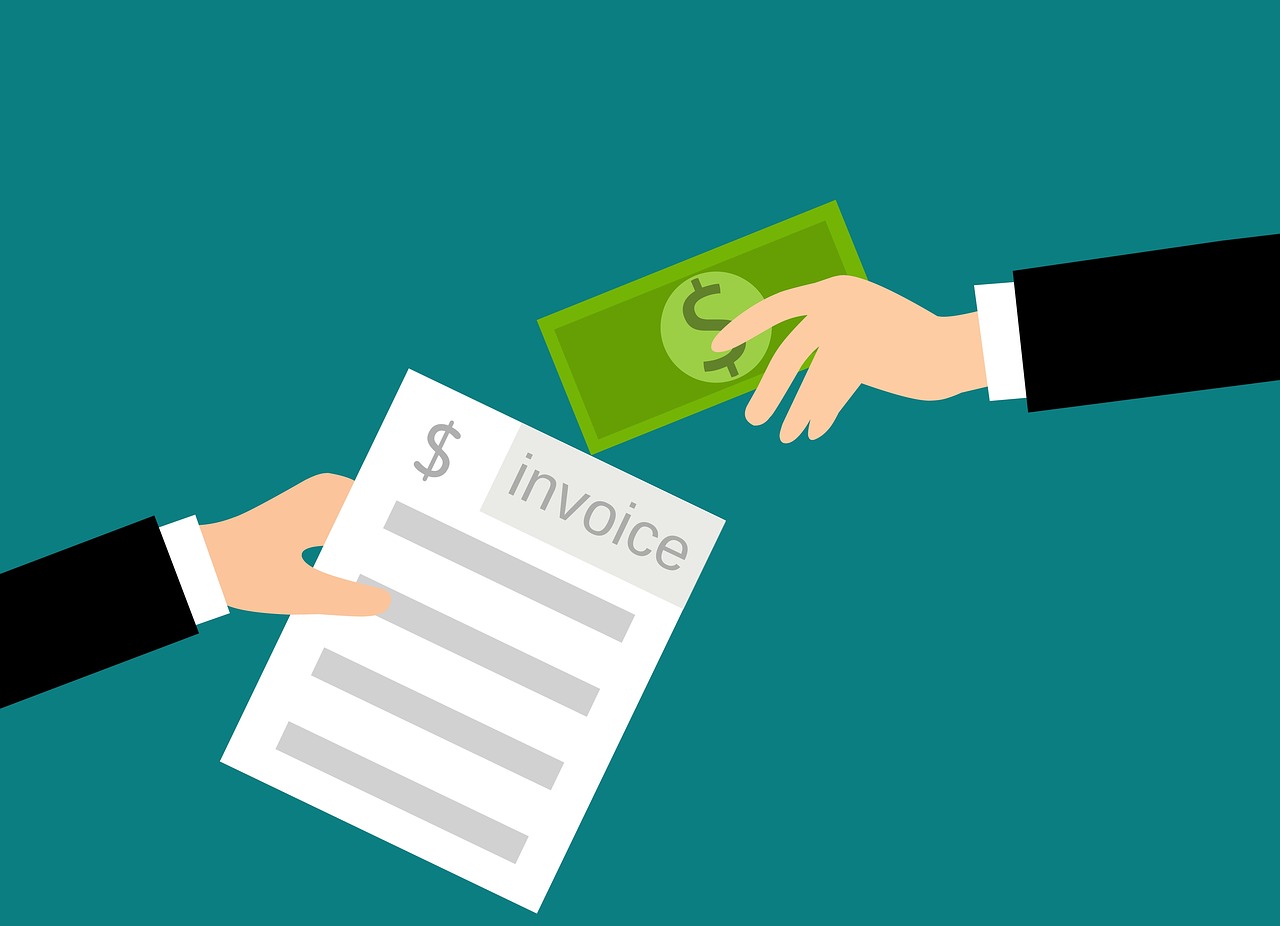
How to Apply a Discount to an Invoice
How to Apply a Discount to an Invoice A good discount is what your customer…

The fundamental difference between fix income securities and SHS (shares) is that a bond is a profit-making instrument that cannot grant privilege to its owner. A bond is a prerequisite for making a loan from you to a bond issuer.
Read on to find out why invest in bonds and how profit-making can provide extra income while you deal with the meat-and-potatoes problems of everyday living.
If we put bonds definition in ordinary people speak, this is some form of a cash loan from a provider of funds to a credited party. You might often hear this term from companies or government agencies in the news.
Still, what are bonds used for, though?
As a rule, a borrower can use the loan stocks to finance business activities, all while an investor earns the interest on a loan.
Let’s put the lid on the matter of “what is a bond in business.” Stripping of fine words, a bond is a financial instrument that provides a stable and fixed income in today’s globalized society.
As things stand, a bond is a moderately risky instrument capable of rewarding an investor in the short to medium term. Here are how bonds explained in terms of yield.
A bond with the least amount of risk provides lower percentage returns. High-risk bonds boast higher yield thresholds at the other end of the scale. As a result, an investor will always stand between a rock and a hard place.

Before answering the question, “are bonds a good investment?” Let’s go through its main types:
The corporate type of bonds may seem like a very high-yielding instrument. Still, keep your shirt on! As mentioned earlier, the higher the income, the higher the risks. Businesses that offer high-risk, high-yield bonds often have low credit ratings.
As a result, you will have to accept the risks of a possible business default in exchange for a tangible reward. Are bonds a really good investment if a business that issued high-yield bonds could go bankrupt at any moment? The subject remains sensitive.
There’s no sweat to understanding how do investment bonds work. Let’s say you are a business owner and want to bring in third-party funding for developing one of your company’s areas. You can do the following:
Using equity means taking money out of circulation and slowing down the company’s pace. All the while, funds raised from notes are a more rational solution. It is enough for a credit user to issue a pack of bonds and detail the essentials for obtaining a loan.
These details include but are not limited to:Note that the current market price of a financial instrument will depend on several variables, namely a note rate, the bond terms, and the issuer’s borrowing power rate.
The same as with other financial instruments, bonds have room for improvement. It will be better if you learn about bonds pros and cons right away.
Hits:
The real cost of each note is made up of various variables. Don’t get surprised if a price fluctuates daily, as this is a regularly traded certificate. Demand will determine the cost of a bond at any particular point in time.
Besides, if an investor decides to sell a bond before maturity, its price will depend on the cost of this type of bond on the open market. As a result, you may receive a significantly lower value of the financial instrument than at the investment time. It looks like there’re things to consider before making an investment move.


How to Apply a Discount to an Invoice A good discount is what your customer…

How to Add Taxable and Non-Taxable Items on One Invoice Invoicing is never as straightforward…

3 Reasons to Use Paperless Invoices It is 2024 out there, and machines have already…